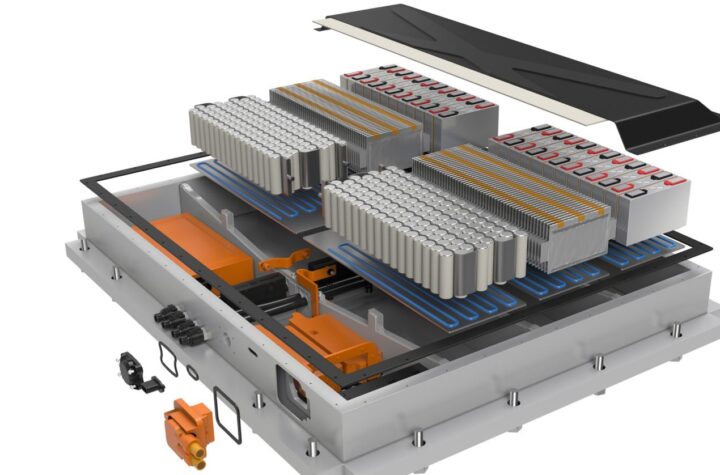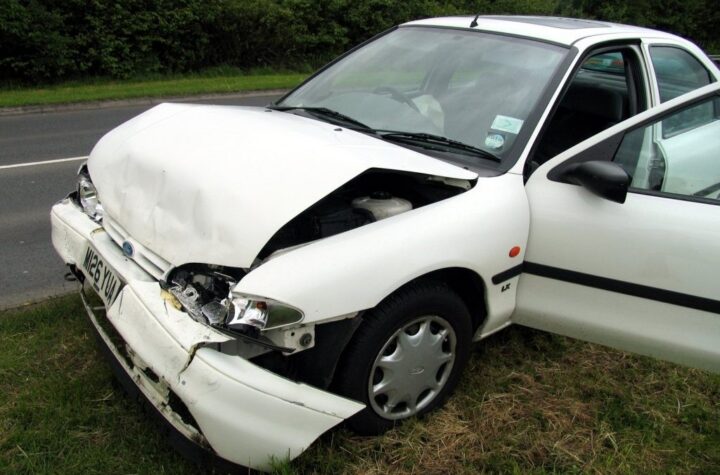
Volkswagen and its principal suppliers are working together to cut costs through a “Partnership in Process Cost Optimisation” (PPO) programme.
The company sees the programme as a way of balancing its own needs to cut costs and those of its suppliers to stay profitable. “Volkswagen has an interest in maintaining the economic stability of its suppliers. As their customer, it has now joined them in a process of ‘looking behind the price tag’ and identifying the costs that contributed to the asking price,” says Francisco Javier Garcia Sanz, member of the management board – Procurement at
Volkswagen AG.
Writing in a VW group publication, “One the Way 04,” Sanz says “materials, processes, quality, charges, logistics – everything that costs money is examined in detail for its optimization potential. In many cases suppliers will have undertaken their own analyses and determined the potential for cutting costs.
“But if they wish, Volkswagen will organize a workshop and invite them to attend. The PPO programme has already achieved worthwhile interim results: only a few months after its inauguration, proposals for cost savings in three figures of millions of Euros had been worked out,” he says.
Volkswagen is careful to stress that it is trying to build relationships with suppliers rather than bargain for the lowest price. “Volkswagen has set itself the target, not only to talk about trust-based collaboration, but actually to implement this type of co-operation in real terms in its day to day business dealings,” Sanz told delegates at a Volkswagen supplier workshop..
Volkswagen’s thinking is summed up in a question and answer session with Sanz published here by Automotive Purchasing News.
Question: How much production work is carried out for VW by its suppliers?
Sanz: The percentage of production carried out by suppliers for the Volkswagen Group is approximately 60%. This is an average value and the vertical range of production varies greatly from production location to production location. In some plants, the in-house production range is less than 30%.
Q: Is VW planning to increase this percentage? If yes: Why? If not: Why not?
Sans: The percentage of production carried out by suppliers will increase in the coming years in order to make full use of the innovation and also the economies of scale available in the supplier industry. The increase or reduction of the production depth is, however, not a single target. We must look at the question of production depth in the strategic context of competitiveness and differentiation of the competition. In this way, the fields with a high level of competitiveness and with a high level of importance for differentiation on the market will remain part of the Volkswagen company.
Q: How should the cooperation between the OEM and the supplier be organised so that the OEM does not endanger its own key competence? What are the fields of key competence at VW?
Sanz: The definition of key competence is part of a long-term strategy in the company. One must take into account how a company wants to achieve the most important characteristics of differentiation and thus competitive advantage on the market.
The close cooperation in the form of a partnership with the suppliers provides the basis for reaching named targets together. The fields of key competence at Volkswagen are in the production of engines, gearboxes and axles.
Q: How does VW define its future role as an OEM in the context of cooperation with its suppliers?
Sanz: We will continue to increase and reinforce the cooperation with our suppliers. The defined targets can only be mastered together, meaning that the further development of competence both at Volkswagen and at the suppliers is of particular importance. Volkswagen sees itself as the driving force behind this continued development and passes this impetus onto the supplier industry.
Climbing on board with VW
Suppliers wanting to do business with the Volkswagen group are encouraged to come “onboard” through the company’s procurement website, www.vwgroupsupply.com.
Supplier get “on board” VW’s supplier platform and become an authorised partner by registering through the site – the first step in doing business with the group. “The supplier integration on VW Group Supply.com concerns the registration process of the suppliers which is initialised by you, the supplier,” says VW.
According to the site, the Volkswagen Group already manages nearly its complete procurement volume of more than € 50 billion via the Internet. The internet platform started in early summer of 2000 is up and running.
VW says the main advantages of the private B2B supplier platform of the Volkswagen Group are the reduction of administrative tasks, the acceleration of processes, improved planning accuracy and improved transparency in the collaboration with its suppliers. During a press conference on 20 November 2001, Francisco Javier Garcia Sanz, member of the Board of Management for Group Procurement, said: “This results in competitive advantages for both sides – for Volkswagen and its suppliers.”
VW Group Supply.com is the Supplier platform of the Volkswagen Group for collaborative supplier management. The concept of the Supplier platform is valid for all brands and divisions and includes all business processes from the fields procurement, logistics, quality and technical development. Basically two groups result from this concept: externally all current and potential suppliers and internally all employees who deal with suppliers in their daily work.
VW says suppliers of components and services have the advantage of dealing with the group through a single point of entry. “As a participant you therefore profit from the demand of the entire Volkswagen Group. With only one UserID and one password, the so-called ‘Single Sign-On’ all applications and information services of the supplier platform are available to you. Thus we integrate you as a supplier more intensively into our business processes. You can plan much better, reduce your administrative tasks and increase your competitiveness,” says VW.
The procurement policy also works for multi-national components suppliers. “The target of the Volkswagen Group is to optimise and centrally coordinate all processes relevant to the supplier in which the supplier is in direct contact with the Volkswagen Group. For this reason we need location-specific information in order to better coordinate logistic processes for example. That is also why our Supplier database has been created for the access by parts of the company in order to answer all different kinds of internal processes,” says the company.
Driving through barriers
VW’s PPO programme is designed to promote collaboration and partnerships. “Since May 2003, suppliers suggestions have been expressly welcomed. Hierarchical boundaries and egoistic protection of departmental prerogatives, on the other hand, are undesirable – the company’s welfare as a whole is the goal, and this calls for cooperation in an atmosphere of mutual trust.
“For example, if a supplier suggests that a part should be modified as a cost-saving measure, a team of specialists including production planners and quality assurance experts visits the supplier’s plant to examine the proposed change more carefully and report back to Volkswagen. On average, only six months elapse before the cost-optimised part has been assessed, checked and tested ready for introduction,” says Sanz.












More Stories
Your Guide to Filing a Car Accident Claim
Steps to Take Immediately After a Car Accident
What Makes SUV Cars More Prone to Accidents?